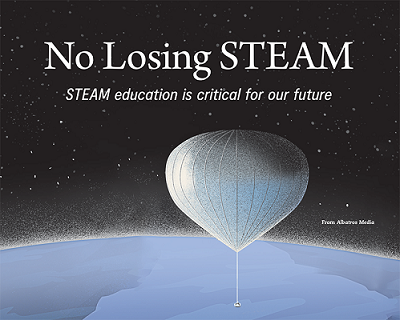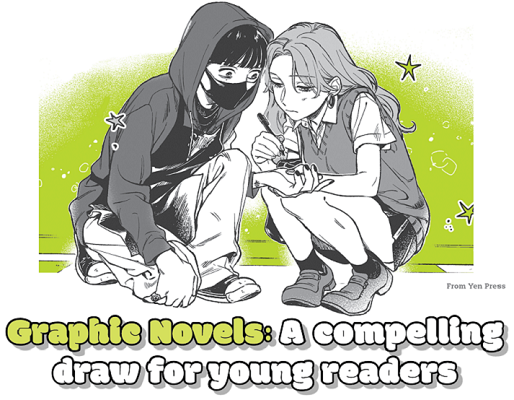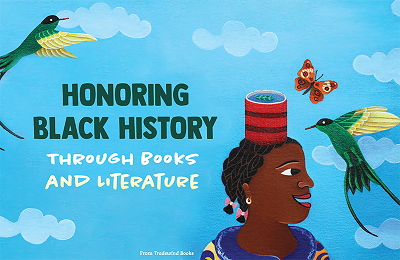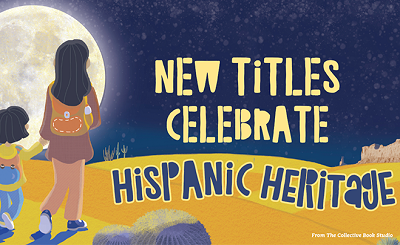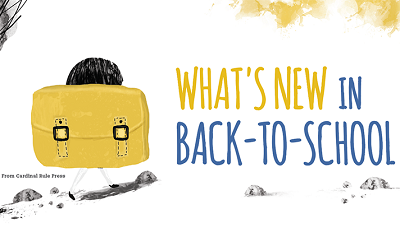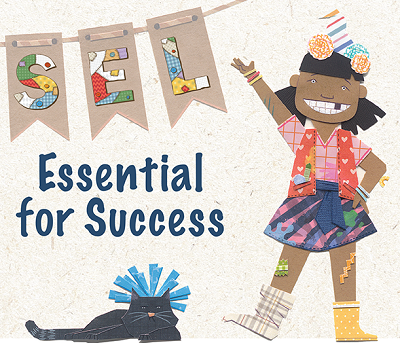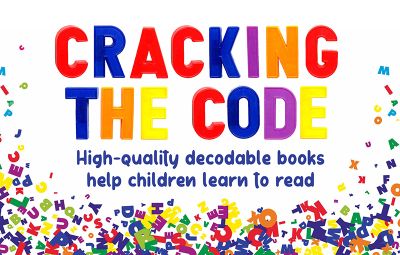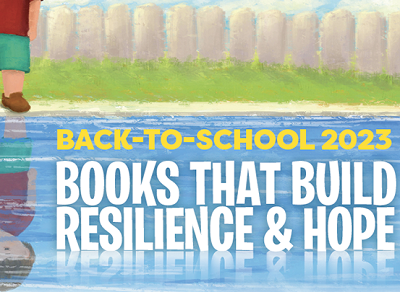Dennis Pierce
22 Articles
From:
To:
No Losing STEAM: STEAM Education Is Critical for Our Future
Teaching the next generation about STEAM skills and concepts is critical for our future. More than just a catchphrase, STEAM is an educational model that helps students develop the critical thinking and creative problem-solving skills they’ll need to navigate an increasingly complex future.
Graphic Novels: A Compelling Draw for Young Readers
Graphic novels, and manga in particular, have exploded in popularity with students, a recent SLJ survey revealed. As teens and younger readers eagerly devour graphic novels, publishers are responding with more books in graphic format to satisfy readers of all genres.
Honoring Black History Through Books and Literature
As librarians prepare to celebrate Black History Month this February, the events of the last few years underscore the significance of this occasion. Honoring the achievements of Black Americans bolsters the self-esteem of Black youth and can empower them to excel in school. Here are some notable books for teaching and celebrating Black culture and history.
New Titles Celebrate Hispanic Heritage
In honor of National Hispanic Heritage Month, many school libraries in the United States are looking for high-quality books in Spanish to share with students and their families. But as the population of Spanish-speaking people in the U.S. continues to grow, there is increasing demand among school libraries for Spanish-language content year-round.
What’s New in Back-to-School
As school librarians assess their needs for the 2024–25 school year, publishers are coming out with a broad range of content for the back-to-school season.
SEL: Essential for Success
While social and emotional learning (SEL) has become a politically charged term in these highly polarized times, educators understand the value of having students of all ages learn self-management, self-awareness, social awareness, relationship skills, and responsible decision-making.
Great STEM Content Can Reignite Support for Science
Just a few years removed from a global pandemic that saw the intense politicization of public health initiatives, the U.S. public’s faith in science has declined. Books that help students understand complex issues and inform them about important scientific advancements and the critical role that STEM plays in our society can help produce more informed citizens who support the need for scientific investment.
Cracking the Code: High-Quality Decodable Books Help Children Learn To Read
Decodables, or simple books written for beginning readers, have become staples in elementary school classrooms and libraries everywhere, and for good reason. By encouraging children to sound out words using decoding strategies rather than guessing from pictures or predicting from other cues, decodables help emergent readers learn to read independently.
Back-to-School 2023: Books to Build Resilience and Hope
Many of the new books available for this year’s back-to-school season aim to help students cope with their emotions and develop the resilience they need to thrive. Others are intended to help young people find a sense of hope and community after several tumultuous years.
ALREADY A SUBSCRIBER? LOG IN
We are currently offering this content for free. Sign up now to activate your personal profile, where you can save articles for future viewing
